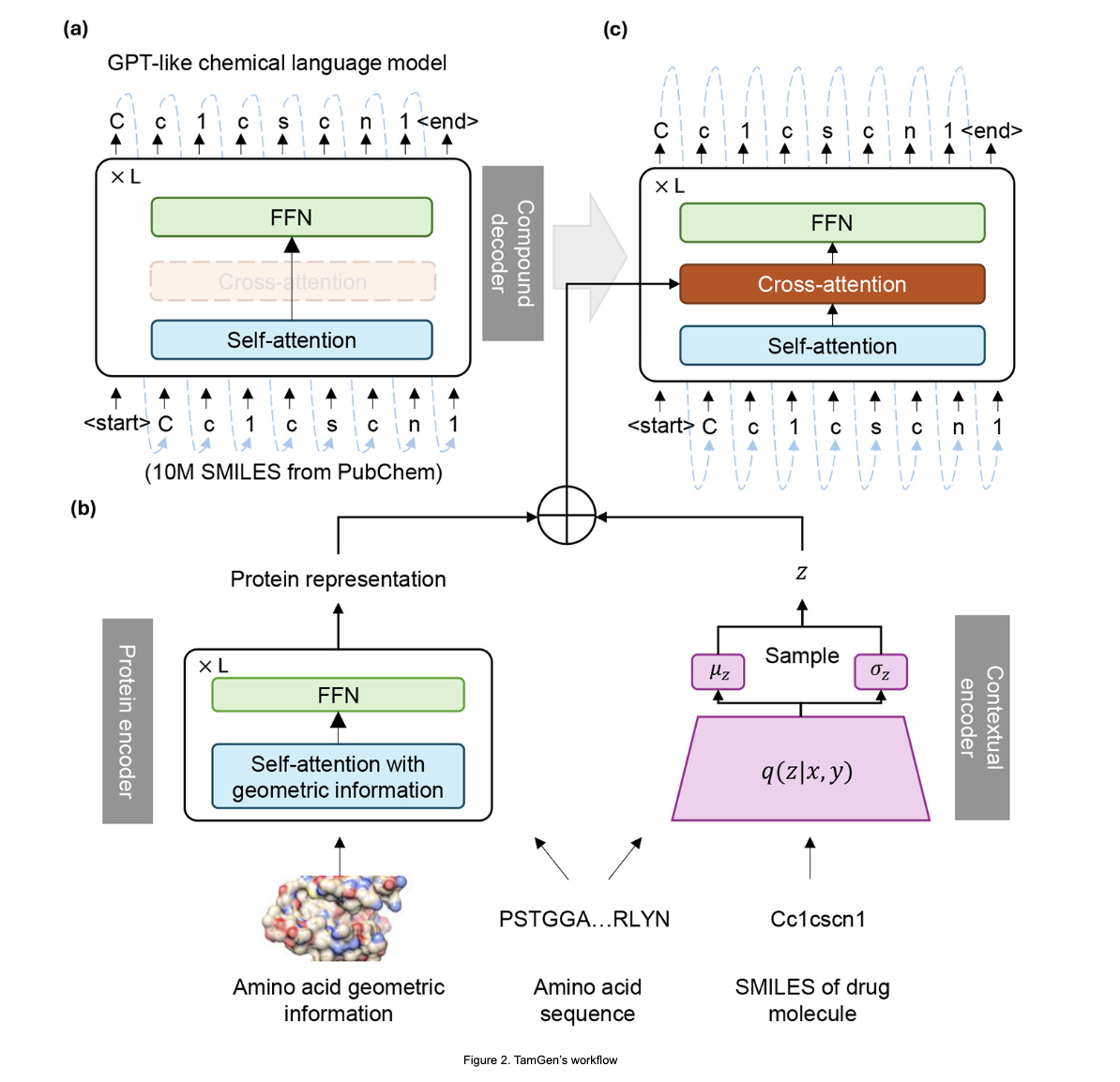
Generative Drug Design: A New Era in Medicine
Transformative Approach
Generative drug design is changing how we develop medicines. It allows us to create new compounds that specifically target harmful proteins, opening up a wide range of possibilities for discovering new treatments. Unlike traditional methods that rely on existing molecular libraries, generative models can invent entirely new molecules tailored for specific medical needs.
Addressing Challenges
This innovative approach is crucial for tackling issues like drug resistance and finding solutions for proteins that currently have no viable drug candidates. However, many of the new molecules generated still face challenges in practical use due to their focus on specific properties, which can limit their effectiveness in drug discovery.
Advanced Techniques
Recent advancements in deep learning have led to new generative modeling techniques, such as autoregressive models, GANs, VAEs, and diffusion models. These methods can create drug-like compounds based on target proteins, significantly improving the drug design process by exploring previously overlooked chemical classes. Despite their potential, many of these compounds still require validation through laboratory tests, as they may not always exhibit desirable properties.
Introducing TamGen
Researchers from Microsoft Research AI for Science and other institutions have developed TamGen, a cutting-edge method for generating molecules that are aware of their target proteins. TamGen uses a GPT-like chemical language model to create drug-like compounds, representing them in a sequential format. This method has successfully identified compounds for tuberculosis treatment, demonstrating its ability to balance pharmacological activity and ease of synthesis.
How TamGen Works
TamGen maps protein binding sites to ligand structures, processing 3D data to enhance accuracy. It employs advanced techniques like distance-aware attention and data augmentation to improve the generation of diverse ligands. The model has been validated using established datasets, proving its effectiveness in creating compounds, including those that inhibit tuberculosis.
Efficiency and Performance
TamGen combines several powerful components, including a pre-trained compound decoder and a Transformer-based protein encoder. It generates molecules quickly and effectively, outperforming other methods in key metrics such as binding affinity and synthetic accessibility. This efficiency is particularly evident in its work on tuberculosis, where it produced unique inhibitors with low IC50 values.
Future Prospects
By designing compounds that strongly bind to harmful proteins, generative AI can greatly speed up drug discovery. TamGen has achieved remarkable results in identifying effective inhibitors for tuberculosis. Its strengths lie in generating high-quality molecules, accurately representing protein pockets, and refining compounds iteratively. However, challenges remain, such as limited data and synthesis delays. Future enhancements will focus on integrating advanced generation methods and improving overall drug properties.
Get Involved
For more information, check out the research paper and details. Follow us on Twitter, join our Telegram Channel, and connect with our LinkedIn Group. If you appreciate our work, subscribe to our newsletter and join our 55k+ ML SubReddit community.
Leverage AI for Your Business
To stay competitive, consider using TamGen and other AI solutions in your company. Here’s how:
- Identify Automation Opportunities: Find areas in customer interactions that can benefit from AI.
- Define KPIs: Ensure your AI initiatives have measurable impacts.
- Select an AI Solution: Choose tools that fit your needs and allow for customization.
- Implement Gradually: Start small, gather data, and expand wisely.
For AI KPI management advice, connect with us at hello@itinai.com. For continuous insights, follow us on Telegram t.me/itinainews or Twitter @itinaicom.
Redefine Your Sales and Engagement
Explore how AI can transform your sales processes and customer engagement at itinai.com.



























